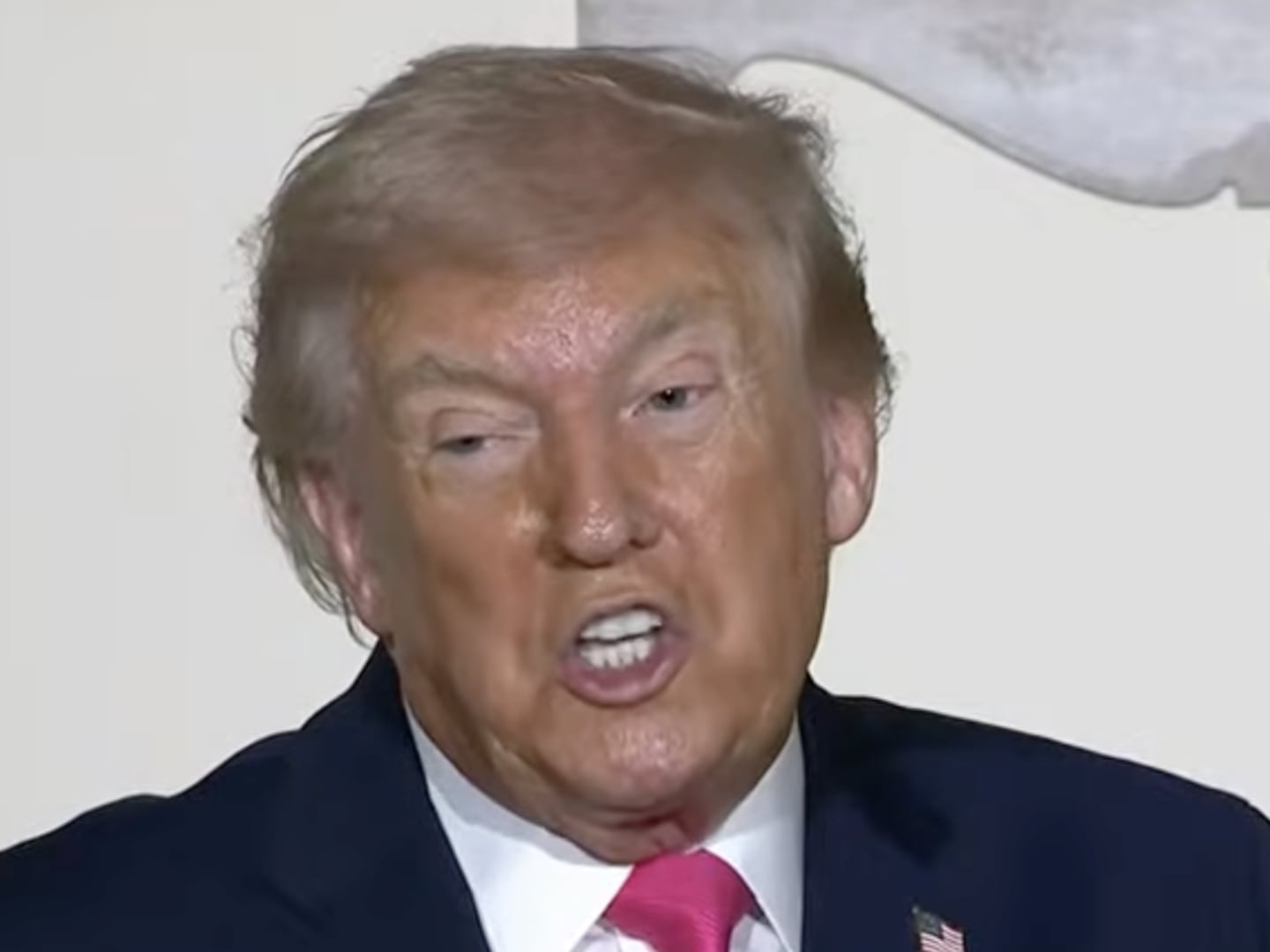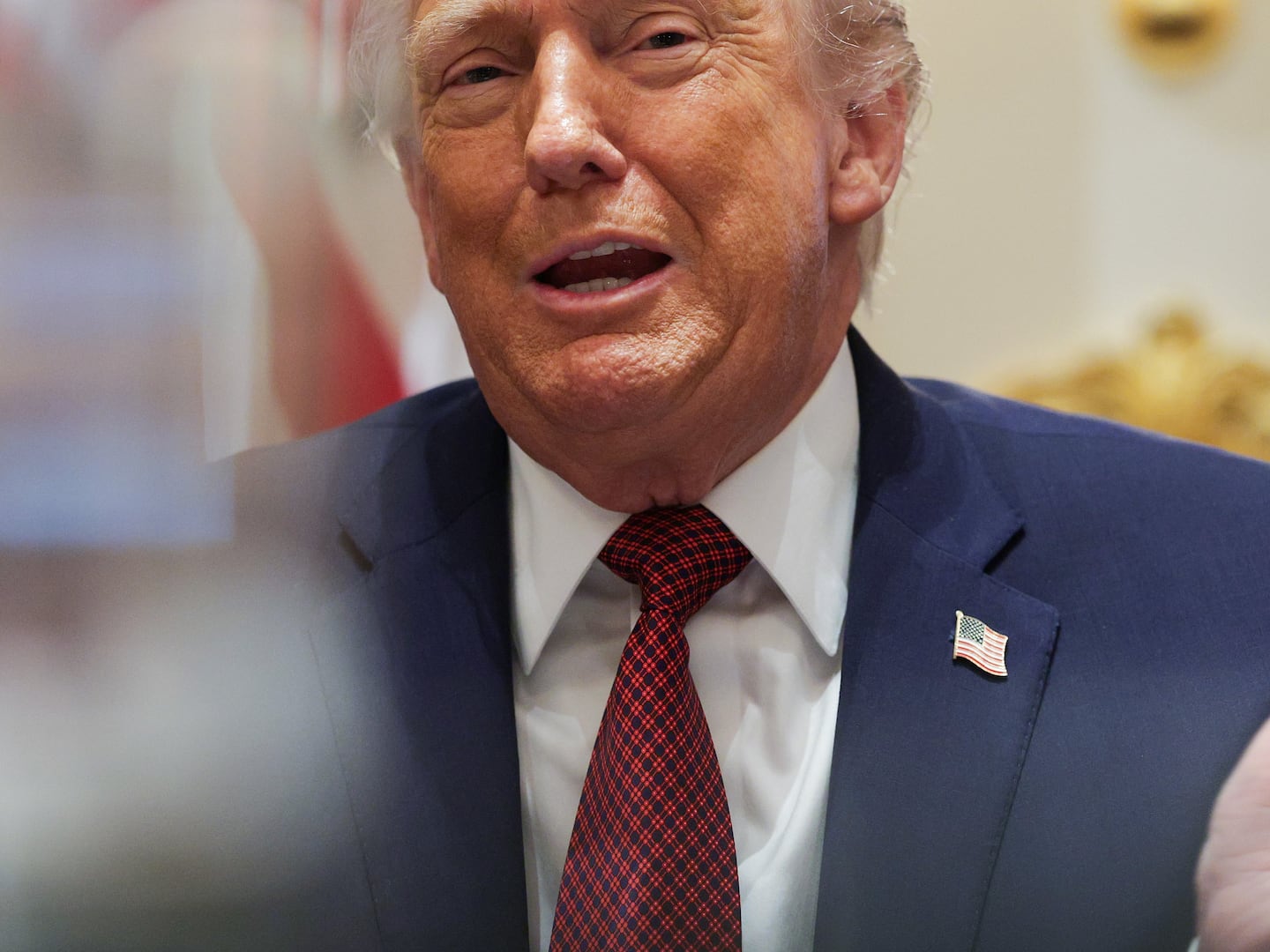
If you think Wall Street is in dire straits, take a look at academia. Endowments, hit by market losses, are hemorrhaging money. Last year Harvard lost $8 billion, Yale expects a 25 percent loss in 2009—and we’ve all heard what Bernie Madoff did to Brandeis.
The mounting money woes are dramatically changing the dynamics of the admissions game. While there’s no doubt donations have long played a role in the admissions process, this year, it’s easier than ever to buy your way into college. Some of the nation’s most elite universities are confronting the fact that they can’t afford to turn away students with connections to rich donors—and bending the rules.
“We recently had a generous donor suggest we admit more students from Nevada, his home state. It was like, ‘All hands on deck! How do we get more kids from Nevada to apply, stat?’”
In this Daily Beast exposé, admissions officers, donors, and fundraisers reveal the role money is playing in the admissions game this spring. They talk about why $500,000 might not be enough, how to use a middle man, and the reason so many students seem to be from Nevada.
On greasing the admissions wheels
Not Enough Takers “Nobody wants to say it, but there’s really an atmosphere right now of come one, come all. If you give enough, we take your kid. Unfortunately, we just don’t have any folks taking the bait.”— Development officer at Northeastern liberal-arts college
The Bottom 10 Percent “Is anyone surprised anymore to hear donating money helps get your kid into a school? Of course the academic standards are lower. Of course the essays don’t have to be as good. Easily 10 percent of our class every year is development cases. Will [that portion] be higher this year? Everybody’s broke, so duh, absolutely.”— Admissions officer for top-tier Mid-Atlantic university
New Science Wing “My father, a successful businessman, has always been a major donor at his Ivy League college. I know when I got in, some money exchanged hands—I didn’t have the grades. Well, plus the wing of science labs named for my family… But it wasn’t that easy with my nieces and nephews. Now, this year, he’s been virtually guaranteed admission for my 6-year-old for any check at all.”— Ivy League alumnus
The New Standards “I’m embarrassed to say it, but I worry we’re letting kids in this year we wouldn’t have in the past. My best guess is that there’s a promise out there for a few million dollars in donations that will suddenly show up when the admissions letters go out. At least I hope so.”— A Boston college-admissions officer
Buoying a Whole State
“We recently had a generous donor suggest we admit more students from Nevada, his home state. It was like, ‘All hands on deck! How do we get more kids from Nevada to apply, stat?’”— An Ivy League admissions officer
Half a Million’s Not Enough “Sure, every year there’s a pile of applicants the school’s dean doesn’t budge on for admissions. It’s no secret that those are donors’ kids. But those are millions-of-dollars donors, ‘I’d like to fund a new library’ donors. It’s not like $500,000 can get you in.”— A former Ivy League admissions officer
It’s to Everyone’s Benefit “It’s easy to be cynical, but fundraising is how you hire world-class professors and let low-income kids go to Harvard for free. So giving donors incentives to give pays off in spades for the kids who don’t need Daddy’s millions to get in.” — Development officer at a prestigious Midwestern private university
The Dos and Don’ts of Giving
Keep Quiet About It “Don’t be blatant or demanding. Obviously all schools let in development cases, but they turn their noses up at any kind of quid pro quo airs from donors. They don’t want their dirty habits rubbed in their face.”— Development officer at West Coast liberal-arts college; former Ivy League development officer
Don’t Sweat That D “Giving money rarely gets you in, but it smooths the way. Maybe you get an interview when no one else does. Or that D in calculus is overlooked. Or that arrest for pot. Take what you can get, and be gracious about it.” — Admissions director at a Northeastern state university
Name Your Price “I helped raise money for Princeton [my alma mater], for several years. I couldn’t do it again this year. It became too dirty, too desperate. It’s not Princeton’s fault. It just feels like donors now think of giving as ‘Name Your Own Price Day.’”— Princeton alumnus
Give Consistently “The dean or whomever is making the decisions does look at development cases closely. Did the mother, who is an alum, just give a big donation this year, and that’s it? Or has she been giving regularly over the past 20 or so years? If it was just a big check in the year her daughter was applying, that raised a big red flag for us.” — Former admissions officer at a Boston university
Use a Middleman “We hear a lot of requests from major donors, and getting [an underqualified] grandkid into college isn’t even the worst. I’d advise people just be quiet about it. Use a middleman, another alum or fundraiser who knows you, to pass along your request. And never issue ultimatums— they usually backfire.”— Fundraiser for a Southern liberal-arts college
Do Your Homework “All it takes is a little intelligence on the giver’s part. You read Yale is putting construction on hold, donate a large amount to the capital fund. Columbia freezes hiring, endow a department chair. Brown stops mowing the lawn, endow the gardener. Offer help where it’s needed, and it will be hard to turn down.”— Former development director for top-tier Boston university
Sometimes Money’s Not Enough “If your kid’s a dud, your kid’s a dud. You can’t expect a check to work miracles, even if it is a big check. Relax and find a school where he really should go.” — Ivy League admissions officer
Kathleen Kingsbury is a writer based in New York. She's a contributor to Time magazine, where she has covered business, health and education since 2005.






